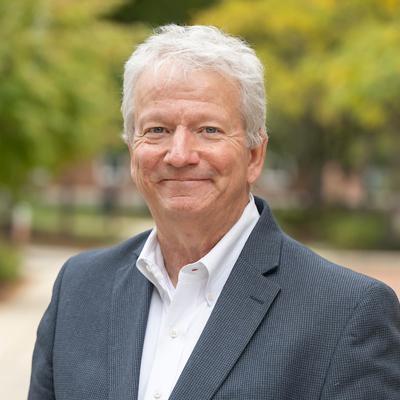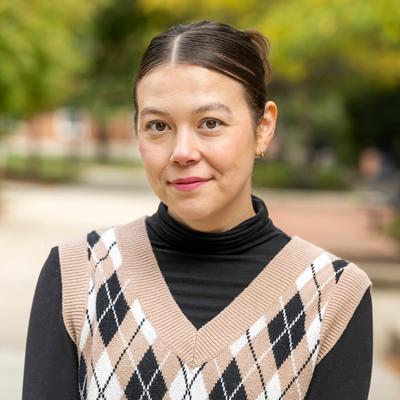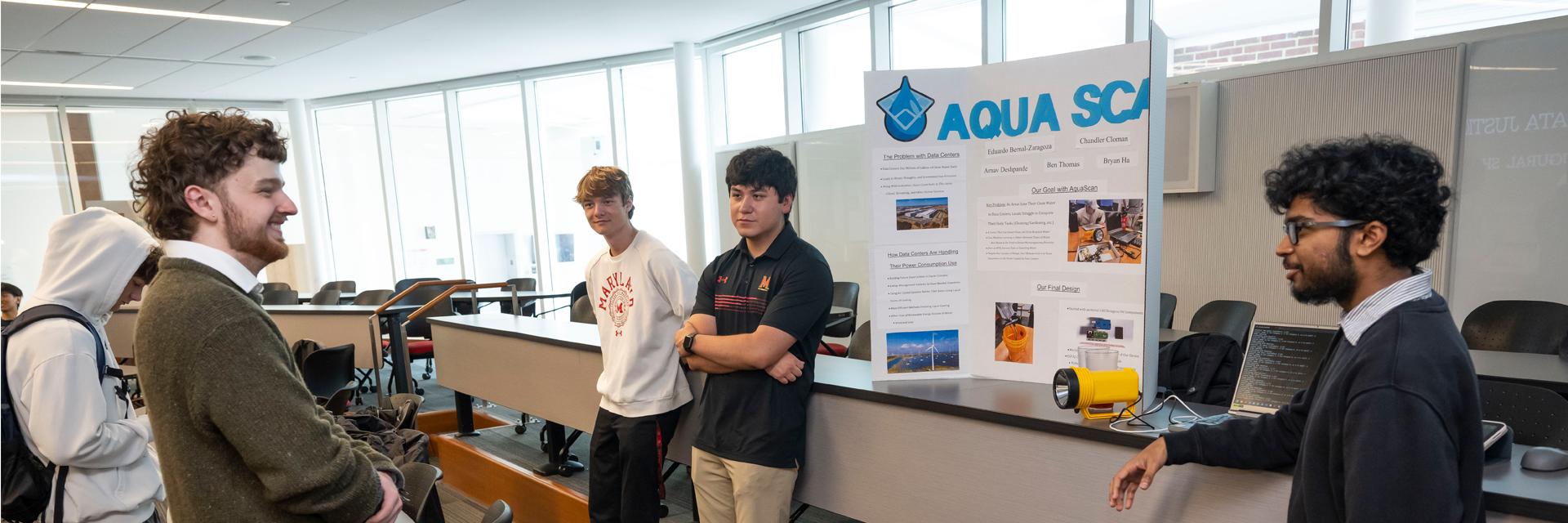Data Justice
Information, analytics and computing for social change
Introduction
Data Justice (DJ) provides students an opportunity to interrogate the biases that are built into information collection, design, and analysis. Students explore how specific values are coded into datasets, algorithms, AI-driven systems, machine learning models, and other sociotechnical systems. They gain advanced data-related skills that will serve them in a wide variety of careers that aim to make the world a better place through information.
By the conclusion of the program, students will be able to:
- Employ justice-centered approaches to equitable computer and data sciences;
- Analyze how cultural values, power, and privilege are encoded into technologies;
- Critique the sociopolitical values of data structure and algorithmic design;
- Analyze ways that computing and data science have been used as a catalyst for positive social change; and
- Develop a computing identity that intersects with personal identity factors.
DJ Scholars enters its second academic year in 2025-26. The program is sponsored by the University of Maryland’s College of Information, a top-ranked research and teaching college in the field of information science.
In the College of Information, faculty, staff, students, and partners are expanding the frontiers of how information and technology are accessed and used in a rapidly evolving world. We are combining principles of information science with cutting-edge technology to foster access to information, improve information interfaces, and expand how information is used in an evolving world.
Throughout all of our endeavors, the College of Information is committed to utilizing information and technology for good – to connect communities, empower individuals, and create opportunities.
Colloquium and Lecture Topics
- How do you use information?
- What is the info you need to change the world?
- What has produced the digital divide?
- How are digital identities different from personal identities?
- How can we achieve information justice?
The Data Justice program will be an excellent opportunity for undergraduate students interested in information science, computer science, the social sciences, journalism, business, policy, and more.
Other Learning Opportunities
In addition to colloquium and supporting courses, DJ students will choose three 1-credit electives from a group of courses focused on building technical computing and data science skills. Course titles include:
- Making Twitter Bots
- Solving Puzzles and Riddles with Computation
- Comic Books and Machine Learning
- Emergent Experiences through Technology
Off-campus excursions to information-related sites, such as the Library of Congress, the National Archives, and the Agricultural Library in Beltsville, MD, will foster community and encourage examination of information in the community (in physical location, cyberspace, and institutions created for the management and best use of information).
Curriculum Overview
Data Justice is an 15-credit program that includes a required course on algorithmic bias (INST204S); a series of colloquium courses on the topics of the digital divide, digital identities, and information justice; a set of supporting courses drawn from the College of Information’s 100- and 200-level courses on relevant current issues; a set of short supporting courses focused on technical computing and data science skills; and a practicum (CPDJ240 Service Learning) in which students will undertake a project with a community partner related to data justice.
The following table represents a typical two-year curriculum, but individual schedules will vary. Details about courses and requirements can be found on the Data Justice Citation Checklist.
| SEMESTER | COURSE | CREDITS |
|---|---|---|
| Semester 1 | CPDJ 100: Colloquium I | 1 credit |
| INST204S: Designing Fair Systems (DSHS, SCIS) | 3 credits | |
| Semester 2 | CPDJ 101: Colloquium II | 1 credit |
| Semester 3 | CPDJ 200: Colloquium III | 1 credit |
| Semester 1, 2, 3, or 4 | INST 388: Maker Movement INST 388: Maker Movement INST 388: Maker Movement |
1 credit 1 credit 1 credit |
| Semester 1, 2, 3, or 4 | Supporting Course (var. Gen Ed) | 3 credits |
| Semester 4 | CPDJ 240: Service-Learning Practicum | 3 credits |
Sponsoring College
Office Address
1101 Centreville
Office Phone
TBD
Faculty


News and Notes, Etc.
Scholars Alumni Named to Prestigious Maryland Medallion Society
Several Scholars alumni were named to the Maryland Medallion Society during the 40th Annual University of Maryland Student Leadership Awards this month. The Medallion Society is a prestigious group consisting of 20 of the brightest student leaders at the university:
Scholars-helmed Teams Win $8,000 in Awards at 2021 Do Good Challenge
An entirely virtual environment for this year’s University of Maryland Do Good Challenge did not stop teams led by Scholars alums from earning significant monetary awards for their initiatives. The annual event features student teams that are working to make a difference competing for funding support. Of this year’s six finalist teams, three were helmed by those with ties to Scholars:
College Park Scholars Announces Creation of Rebecca Basena Kampi Memorial Endowed Scholarship
Rebecca Basena Kampi. PHOTO: Sade Ayinde College Park Scholars has announced a new scholarship, the Rebecca Basena Kampi Memorial Endowed Scholarship.
Scholars Citation Class of 2020 Recognized at Virtual Awards Ceremony
When the Scholars Citation Class of 2020 arrived at the University of Maryland in fall 2018, they were wide-eyed freshmen who took part in the usual rites of passage in Scholars: Service Day, excursions related to the annual theme, a kickball tournament the spring of their freshman year. And, while the 984 students’ second year in Scholars fell during the program’s 25th anniversary, “that year turned out to be anything but ordinary,” observes Scholars Executive Director Marilee Lindemann. In March of their second year, the UMD campus shut down in response to the COVID-19 pandemic and these students faced an abrupt pivot to remote learning.
Media Scholars Director, Known for her Care of Students, Steps Down
Following a year’s leave of absence, Kalyani Chadha has stepped down from her position as director of the Media, Self and Society Scholars program. Alison Burns, interim director of the program during 2019–2020, will be her replacement, starting immediately. The appointment was made by the Philip Merrill College of Journalism. Chadha, only the second director of Media, Self and Society, had headed up the program since 2004. During that time, she oversaw a gradual shift of the program’s focus from primarily popular culture to issues of particular resonance in society today.
Scholars Mourns Loss of Katherine McAdams, Program's 2nd Executive Director
College Park Scholars mourns the loss of Katherine McAdams, who died Sept. 29, 2020, at the age of 70. McAdams was Scholars’ second-ever executive director. McAdams led Scholars from 1997 to 2002, years of important expansion and recognition for the program. Under her leadership, the roster of Scholars programs increased to 12, with the addition of Business, Society and the Economy; Earth, Life and Time (now Science and Global Change); and Media, Self and Society. The Cambridge Community Center became part of the Scholars community as it opened its doors to Scholars classes and programs.


